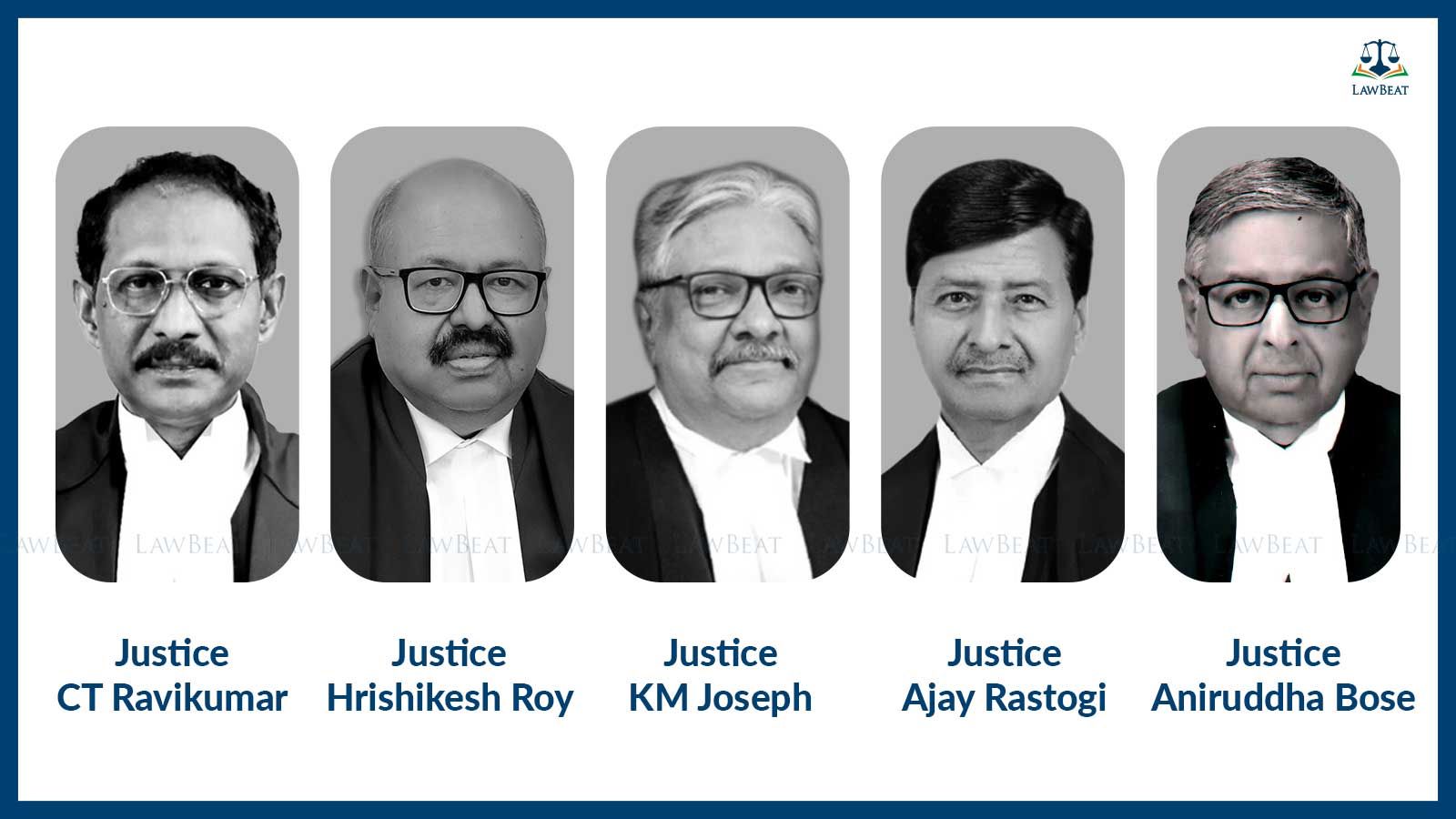Unstamped Arbitration Agreements Are Not Enforceable, rules Supreme Court

However, the dissenting judges said that the existence of a certified copy of the arbitration agreement whether unstamped or not is enforceable for the appointment of an arbitrator.
On Tuesday, a Constitution Bench of the Supreme Court ruled by a 3:2 majority that arbitration agreements that are not stamped are not legally valid.
The judges who authored the majority opinion were Justice KM Joseph, Justice CT Ravikumar, and Justice Aniruddha Bose.
However, Justice Ajay Rastogi and Justice Hrishikesh Roy disagreed with the majority opinion, stating that unstamped arbitration agreements are acceptable during the pre-referral stage.
The majority opinion said that:
“The court is duly empowered to act under the Stamp Act if a document is not stamped. Arbitration agreement not validated by Stamp Act would not stand in law.”
However, the dissenting judges said that the existence of a certified copy of the Arbitration agreement whether unstamped or not is enforceable for the appointment of the arbitrator.
“Such examination should not open the door wide open for judicial examination. Existence of a certified copy of the Arbitration agreement whether unstamped or not is enforceable for the appointment of the arbitrator. All the preliminary maintainability issues of the document are referrable to the arbitrator. Decision in Tea Estates stands overruled. The objective behind the 1996 Act was to inter alia avoid procedural complexity and litigation between courts. Impounding and stamping will frustrate the same, as enforcement will be stalled when it can be solved at a later stage,” the dissenting judges opined.
In the present case, the petitioner and the respondent had agreed to a sub-contract which included an arbitration clause. Later on, disputes arose, and the respondent invoked the Bank Guarantee provided by the petitioner, leading to a lawsuit. The respondent then filed an application under Section 8 of the Arbitration and Conciliation Act, 1996, requesting that the disputes be referred to arbitration. The commercial court, however, dismissed the application, citing objections on maintainability.
The respondent subsequently filed a revision petition before the Bombay High Court, which allowed the respondent to withdraw the review plea and file a writ petition. The high court held that the Section 8 application was maintainable, despite objections which included that the arbitration agreement was unenforceable due to the sub-contract being unregistered and unstamped.
The high court observed that the issue could be raised either in the application under Section 11 or before the Arbitral Tribunal. Being aggrieved by the order of the high court, the petitioner approached the Supreme Court.
Case Title: M/S N N Global Mercantile Private Limited v. Indo Unique Flame Limited & ors
